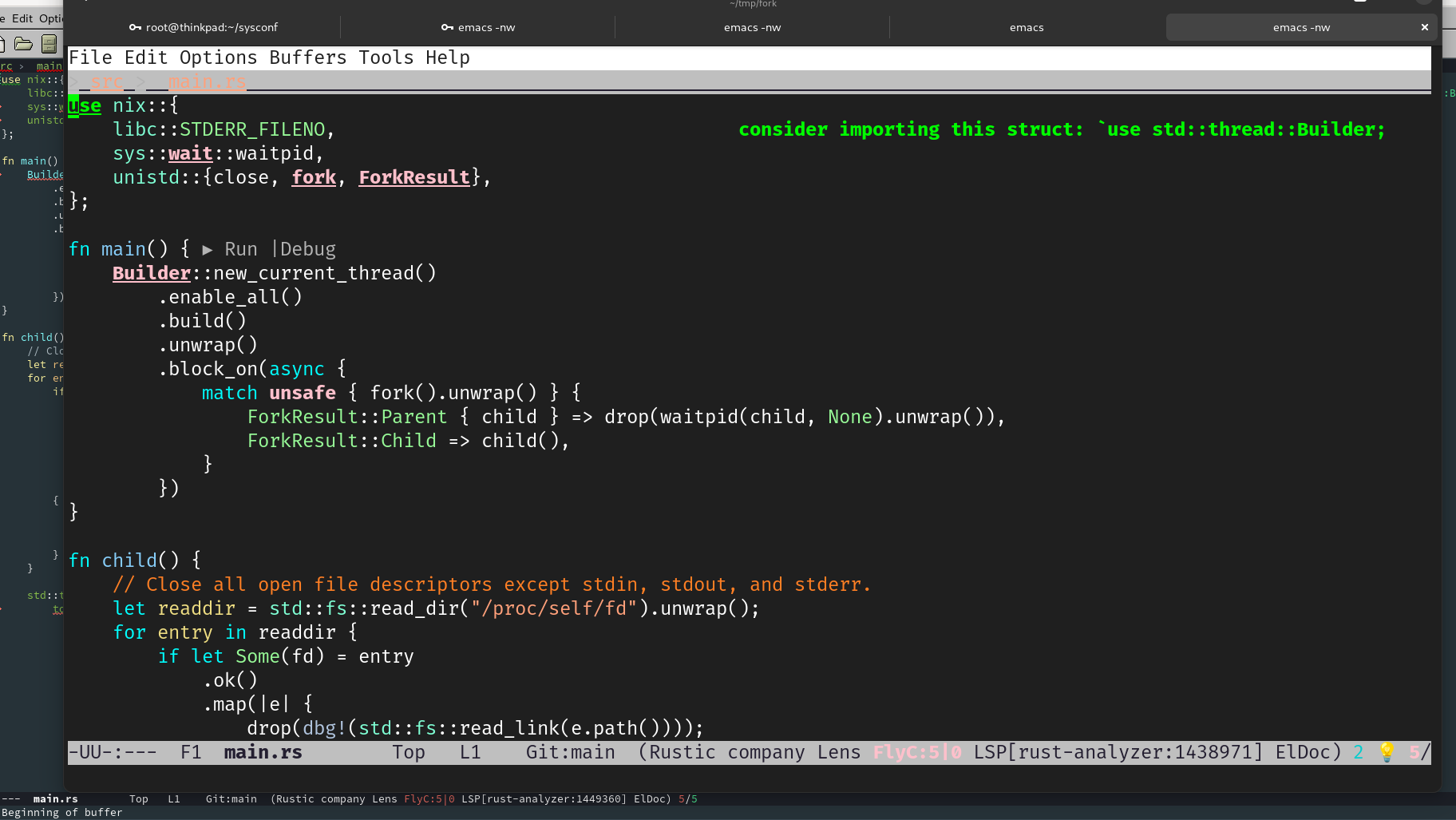Rust
5981 readers
57 users here now
Welcome to the Rust community! This is a place to discuss about the Rust programming language.
Wormhole
Credits
- The icon is a modified version of the official rust logo (changing the colors to a gradient and black background)
founded 1 year ago
MODERATORS
26
27
28
29
30
31
32
33
34
35
36
37
38
244
Google's Shift to Rust Programming Cuts Android Memory Vulnerabilities by 52%
(thehackernews.com)
39
40
41
42
43
44
45
46
47
48
49
50
